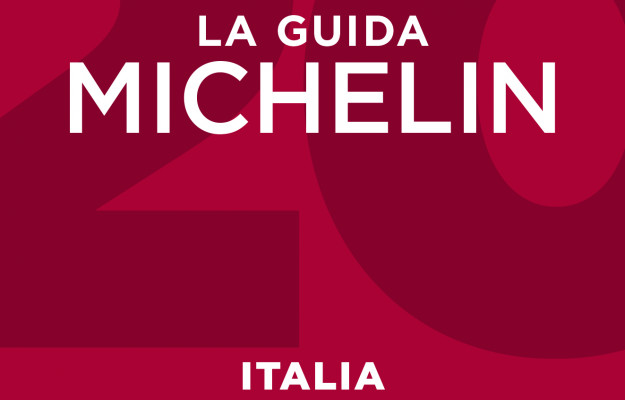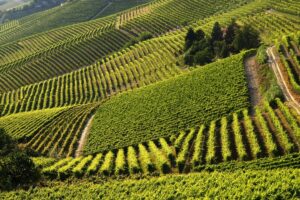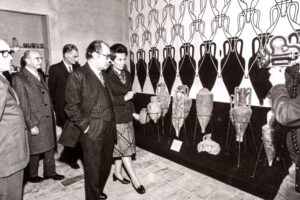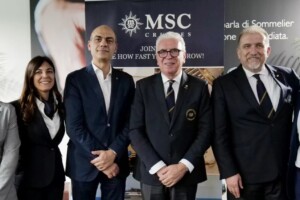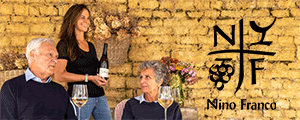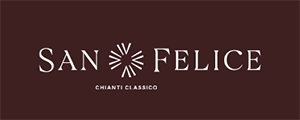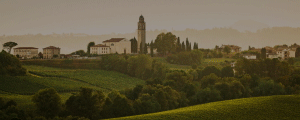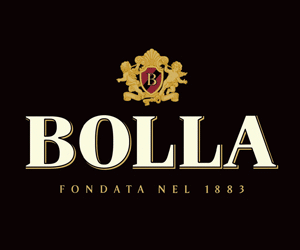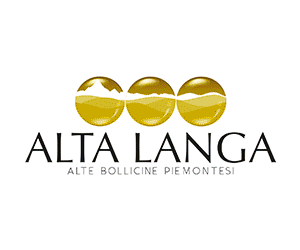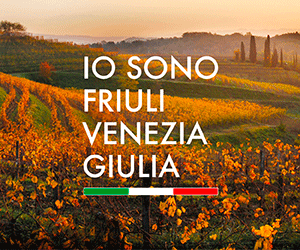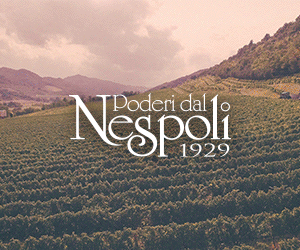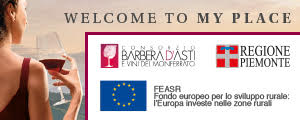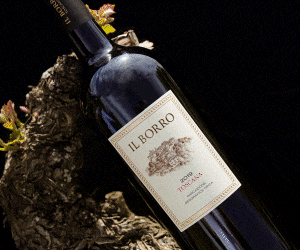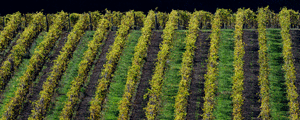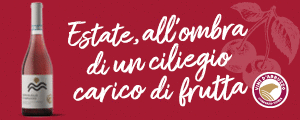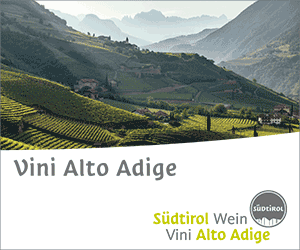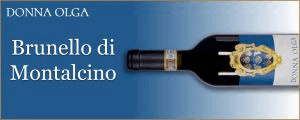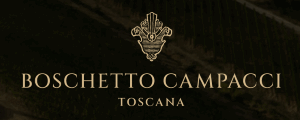The quality of Italian haute cuisine is growing, even in this extremely challenging year, dominated by Covid-19, and in the words of great chefs, we must focus more and more on sustainability (celebrated with a new award, the “Green Star”), training, studies, research and useful creativity. All of the 371 restaurants that received stars embrace these concepts. The Michelin Guide 2021, 66th edition awarded the stars yesterday, via web (and there were exceptional hosts like "the divine" award-winning Italian swimming champion, Federica Pellegrini). Eleven three-starred Italian restaurants were re-confirmed, (Mudec in Milan, Chef Enrico Bartolini; Uliassi in Senigallia; St. Hubertus, Chef Norbert Niederkofler in San Cassiano; Piazza Duomo in Alba, Chef Enrico Crippa; Da Vittorio in Brusaporto, Chefs the Cerea brothers; Dal Pescatore sull’Oglio, the Santini family; Reale in Castel di Sangro Chef Niko Romito; Enoteca Pinchiorri in Florence of Giorgio Pinchiorri and Annie Feolde; Osteria Francescana in Modena Chef Massimo Bottura; La Pergola at the Rome Cavalieri Chef Heinz Beck and Le Calandre in Rubano Chefs the Alajmo brothers). Thirty-seven 2-star restaurants were re-confirmed (and 3 new entries, the famous D’O, Chef Davide Oldani in San Pietro All'Olmo, Harry’s Piccolo, Chef Matteo Metullio in Trieste and Ristorante Santa Elisabetta, Chef Rocco de Santis in Florence) and 323 confirmed 1 star (including 26 new entries). One of the interesting facts concerned Enrico Bartolini, the most starred chef in Italy, who already has 8 stars - three with Enrico Bartolini at Mudec in Milan, two with Glam in Venice and one each with Trattoria Enrico Bartolini in the La Badiola Estate (of the Terra Moretti Group in Castiglione della Pescaia), the Casual Restaurant in Bergamo and the Locanda del Sant'Uffizio Enrico Bartolini, in Cioccaro di Penango - and has now added his ninth pearl, with Poggio Rosso in Castelnuovo Berardenga (executive chef is Juan Quintero), a gourmet restaurant in Borgo San Felice (the five-star Relais & Chateaux of the Allianz group). The verdicts of the guide “that we truly desired, especially in this particularly emotional past year, because despite a million challenges, Italy forged ahead, restaurants worked in difficult conditions, and so did our inspectors; therefore, it seemed right to give visibility and stay as close as possible to the real stars who are chefs, sommeliers, the dining room staff and the multitude of Italian restaurants that together bring the excellent Italian cuisine and hospitality to the world”, emphasized Marco Do, head of communication of Michelin Italy.
The new idea of this edition, as we said, is the “green star” for sustainability, “a new symbol that celebrates and encourages sustainable experiences in food, highlighting creativity and commitment, which seek to improve on issues such as waste and waste management. Experiences”, explained the international director of the Michelin Guides, Gwendal Poullennec, “that mix farm traditions, experience and authenticity with chefs’ ideas. Michelin then acts as a buffer for those who invest in this type of cuisine, and consequently, in a more sustainable society. Today, chefs are preserving territories and characteristics, and their ideas are sensitizing the public. This is the meaning of this selection, which is destined to grow and expand because there is a food revolution on the move”.
The first Italian restaurants to win the “green star”, therefore, are: Gardenia, Chef Mariangela Susigan in Caluso; Don Alfonso 1890; Chefs Alfonso and Ernesto Jaccarino in Sant'Agata sui Due Golfi; Massimo Bottura’s Osteria Francescana in Modena; Dattilo; Chef Caterina Ceraudo in Strongoli; Piergiorgio Siviero’s Lazzaro 1915 in Pontelongo; Virtuoso Gourmet of Tenuta le Tre Virtù, Chef Antonello Sardi in San Piero a Sieve; Joia, Chef Pietro Leemann in Milan; D'O, Chef Davide Oldani; I’ Ciocio-Osteria di Suvereto, Chef Fabrizio Caponi in Suvereto; Igor Macchia’s Casa Format in Orbassano; Norbert Niederkofler’s St. Hubertus in San Cassiano; Franco Malinverno’s Caffè La Crepa in Isola Dovarese, and Roberto Tonola’s Green Lantern in Villa of Chiavenna.
Lombardy is still the most starred region, and boasts 3 new entries: 59 restaurants (3-3 stars 6-2 stars 51-1 star). Piedmont has 2 new entries and is in second position, with 46 restaurants (1-3 stars 4-2 stars 41-1 star), while Campania, in third place, has 3 new entries, and a total of 44 restaurants, (6 -2 stars 38 -1 star). Tuscany is the region that has the most new entries, (6) for a total of 43 restaurants (1-3 stars, 5-2 stars, 36-1 star) and, finally, Veneto, at 37 and 2 new entries (1-3 stars 4-2 stars 32-1 star).
In the provinces, Naples is still number one counting 28 restaurants (6-2 stars, 22-1 star), Rome confirmed second place at 23 (1-3 stars 1-2 stars 21-1 star). Milan slid down from third to fifth place, at 17 restaurants (1-3 stars, 4-2 stars, 12-1 star), behind Bolzano at 20 (1-3 stars, 3-2 stars, 16-1 stars) and Cuneo at 19 (1-3 stars 2-2 stars 16-1 star).
In addition to the numbers, the messages the chefs sent are what we must reflect upon. For instance, Niko Romito, who received the special award as Chef Mentor 2021, said, “training is a value I strongly believe in. I opened the NiKo Romito Training Academy 10 years ago, and especially in the past few year, having reached professional and personal maturity, I am continually rewriting the rules of teaching contemporary cuisine, which for me is based on four fundamental values: study, research, ethics and health. Every time I touch and cook a raw material, I feel a great responsibility, because the ingredient becomes an integral part of those who eat it. It is important to become aware of the social role of the cook, whether it is in a starred kitchen, at home or in collective catering. We need creativity in every sector, of course, but it must be “useful creativity”, because only what is useful can build new memories”.
“The cook is more than just the sum of his recipes”, added Massimo Bottura, “she/he must go out of the kitchen to communicate a different, more sustainable world, which, thanks to creativity and culture, will become a better world. We started the “Food for Soul” project to combat food waste. There are 7 billion people living on this planet and we waste 33% of what we produce; that is, 1.3 billion tons of food wasted every year, which is madness and is the primary cause of climate change. The contemporary cook must combat this waste, to make the invisible become visible. After Expo 2015, together with several colleagues, we prepared millions of meals with the food surplus at the Fair, and we started to distribute them to those in need. It is a job of rebuilding the dignity of people, food and the soul”.
“Sustainability has always been practiced in the mountains”, added Norbert Niederkofler, “because nothing can be thrown away in the mountains. When you are at 1.700 meters above sea level it is not easy to work. That is why we have to make the most of spring, summer, and autumn to have supplies for the winter, knowing that nature gives the body what it needs in every season, food-wise, but also in colors”.
“Sustainability has many meanings”, said a thrilled Davide Oldani, the only one who received a second Michelin star on the live stage, “I am talking about dishes, food, traceability, fishermen and hunters who help you. Young people will count more and more in this sense. I mentored at the state-owned school of Olmo di Cornaredo, where we inverted the educational program: first we talk about the product, which must be identified, and then the recipe. We must believe in young people, by daily examples. Being a chef is a hard job, and young people must realize this. There are, of course, strict rules to be followed, but it is a marvelous job, and cooks must contribute to enhancing diversity. We have to work and reflect on the subject of working hours in the kitchen, which is a very delicate issue that must be addressed so that young people really fall in love with this profession. I believe that the new sustainability is consistency over time. Mine is a thank you to Michelin for having believed in all of us who founded D'O, and believed in “pop” cuisine, not for marketing, but for my skills as a cook, craftsman and entrepreneur, when it was created”.
There were also messages hailing an “impeccable digital event, perfect in the preparation and apparent simplicity. This year, we have seen dozens and dozens of events that instead of in person had to or wanted to go online, while Michelin has raised the bar on online events and showed the way forward”, commented the WineNews director, Alessandro Regoli.
Focus – Michelin Guide Italy 2021: all the new awards
Two Stars Michelin
D’O di Davide Oldani - San Pietro all’Olmo
Harry’s Piccolo di Matteo Metullio - Trieste
Ristorante Santa Elisabetta di Rocco de Santis - Florence
One Star Michelin
Don Alfonso 1890 San Barbato - Donato De Leonardis - Lavello
Relais Blu - Alberto Annarumma - Massa Lubrense/Termini
Re Santi e Leoni - Luigi Salomone - Nola
Lorelei - Ciro Sicignano - Sorrento
Osteria del Povero Diavolo - Giuseppe Gasperoni - Torriana
Zia - Antonio Ziantoni - Rome
Essenza - Simone Nardoni - Terracina
Nove - Giorgio Servetto - Alassio
Impronta D’Acqua - Ivan Maniago - Cavi di Lavagna
Kitchen - Andrea Casali - Como
AALTO - Takeshi Iwai - Milan
Borgo Sant’Anna - Pasquale Laera - Monforte d’Alba
Piano 35 - Christian Balzo - Turin
Casa Sgarra - Felice Sgarra - Trani
Poggio Rosso - Juan Camilo Quintero - Castelnuovo Berardenga
Gabbiano 3.0 - Alessandro Rossi - Marina di Grosseto
Franco Mare - Alessandro Ferrarini - Marina di Pietrasanta
Sala dei Grappoli - Domenico Francone - Montalcino/Poggio alle Mura (Banfi)
Linfa - Vincenzo Martella - San Gimignano
Peter Brunel Restaurant Gourmet - Peter Brunel - Arco
Prezioso - Egon Heiss - Merano
Senso Alfio Ghezzi Mart - Alfio Ghezzi - Rovereto
Vecchio Ristoro - Filippo Oggioni - Aosta
SanBrite - Riccardo Gaspari - Cortina d’Ampezzo
La Cru - Giacomo Sacchetto - Romagnano
Amistà - Mattia Bianchi -San Pietro in Cariano
Michelin Guide Italy 2021: Green Stars
Mariangela Susigan - Ristorante Gardenia - Caluso
Alfonso ed Ernesto Iaccarino - Don Alfonso
Massimo Bottura - Osteria Francescana - Modena
Caterina Ceraudo - Dattiolo
Piergiogrio Sieviero - Lazzaro 1915
Antonello Sardi - Virtuoso Gourmet Tenuta le Tre Virtù
Pietro Leemann - Joia - Milan
Oldani - D’O - Cornaredo
Fabrizio Caponi - I’Ciocio Osteria di Suvereto
Igor Macchia - Casa Format - Orbassano
Norbert Niederkofler - St. Hubertus - San Cassiano
Franco Malinverno - Caffè la Crepa - Isola Dovarese
Roberto Tonola - Lanterna Verde - Sondrio
Michelin Guide Italy 2021: Special Awards
Michelin 2021 Young Chef Award by Lavazza
Antonio Ziantoni - Ristorante Zia - Rome
Michelin 2021 Service Award by Intrecci (Dominga, Marta, Enrica Cotarella) – High Quality Service Training
Christian Rainer - Peter Brunel Ristorante Gourmet - Arco
Michelin 2021 Chef Mentor Award by Blancpain
Niko Romito, Ristorante Reale, Castel di Sangro
Michelin 2021 Sommelier Award by Consorzio del Vino Brunello di Montalcino
Matteo Circella, Ristorante La Brinca, Ne (Genoa)
Copyright © 2000/2024
Contatti: info@winenews.it
Seguici anche su Twitter: @WineNewsIt
Seguici anche su Facebook: @winenewsit
Questo articolo è tratto dall'archivio di WineNews - Tutti i diritti riservati - Copyright © 2000/2024










